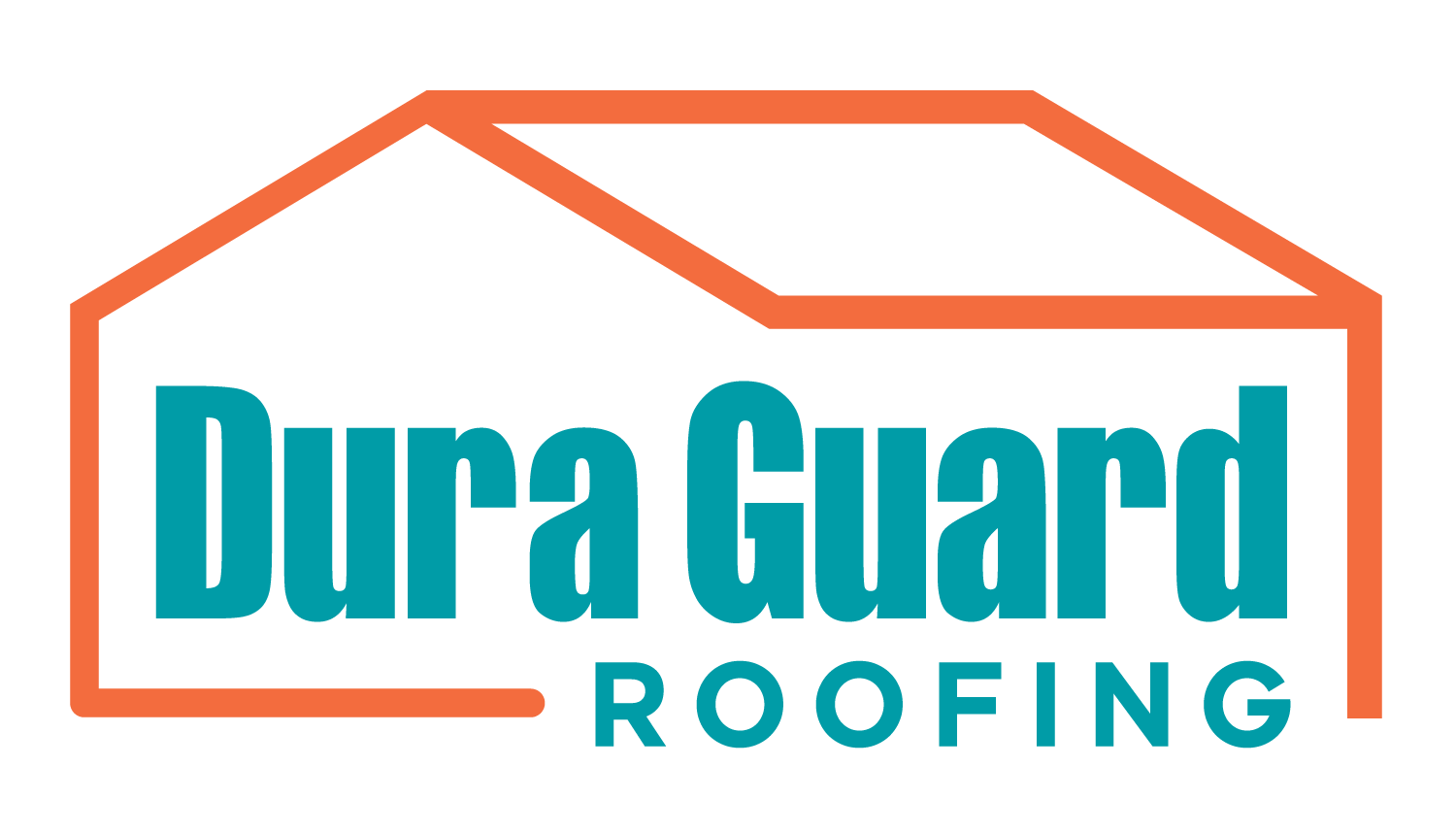Flat roofing / Low Slope Roofing
Dura Guard Roofing can help with any flat / low slope roofing needs. Call us today.
In Florida, low slope or flat roofs are commonly used in commercial applications due to their cost-effectiveness and suitability for the climate. Here are some of the different types of low slope roofing systems commonly used in Florida:
- Built-Up Roofing (BUR): Built-up roofing, also known as tar and gravel roofing, consists of multiple layers of asphalt or coal tar saturated organic or fiberglass felts. These layers are alternated with layers of bitumen and topped with a layer of gravel or mineral granules for protection against UV radiation. BUR roofs are durable and provide excellent waterproofing.
- Modified Bitumen Roofing (MBR): Modified bitumen roofing is a type of asphalt-based roofing system that incorporates polymer modifiers to improve its performance. MBR systems are available in two forms: torch-applied and cold-applied. They are known for their flexibility, strength, and resistance to weathering and foot traffic.
- Thermoplastic Olefin (TPO) Roofing: TPO roofing is a single-ply roofing membrane made of a blend of polypropylene and ethylene-propylene rubber. TPO roofs are lightweight, energy-efficient, and highly resistant to UV radiation and chemical exposure. They are typically installed using heat-welded seams.
- Ethylene Propylene Diene Monomer (EPDM) Roofing: EPDM roofing is another popular option for low slope roofs. It is a synthetic rubber membrane that offers excellent weather resistance, durability, and flexibility. EPDM roofs can be fully adhered, mechanically attached, or ballasted with stone to keep them in place.
- PVC Roofing: PVC (polyvinyl chloride) roofing membranes are durable, long-lasting, and highly resistant to chemicals, punctures, and UV radiation. They are available in different thicknesses and can be installed using various methods, including mechanically attached, fully adhered, or ballasted.
- Spray Polyurethane Foam (SPF) Roofing: SPF roofing involves the application of a liquid foam insulation material that expands and creates a seamless, monolithic, and highly insulating layer. SPF roofs are known for their energy efficiency, waterproofing capabilities, and ability to conform to irregular roof shapes.
When choosing a low slope roofing system for a commercial application in Florida, it's important to consider factors such as weather conditions, energy efficiency requirements, durability, and maintenance needs. Consulting with a professional roofing contractor or architect can help determine the most suitable option for your specific project.



